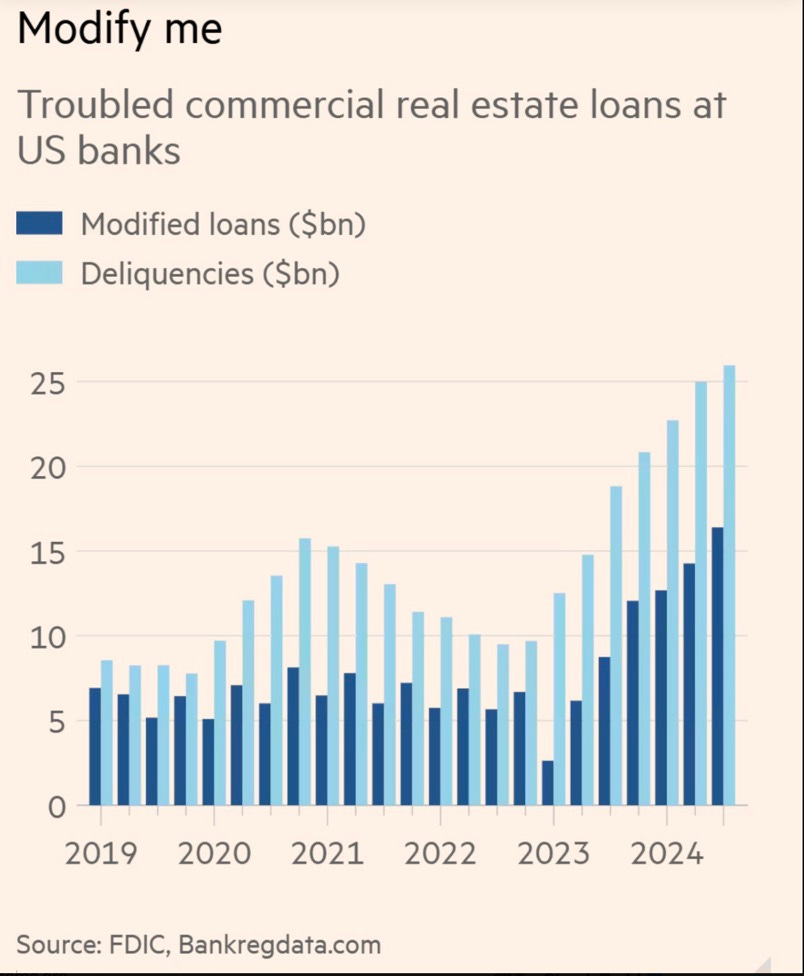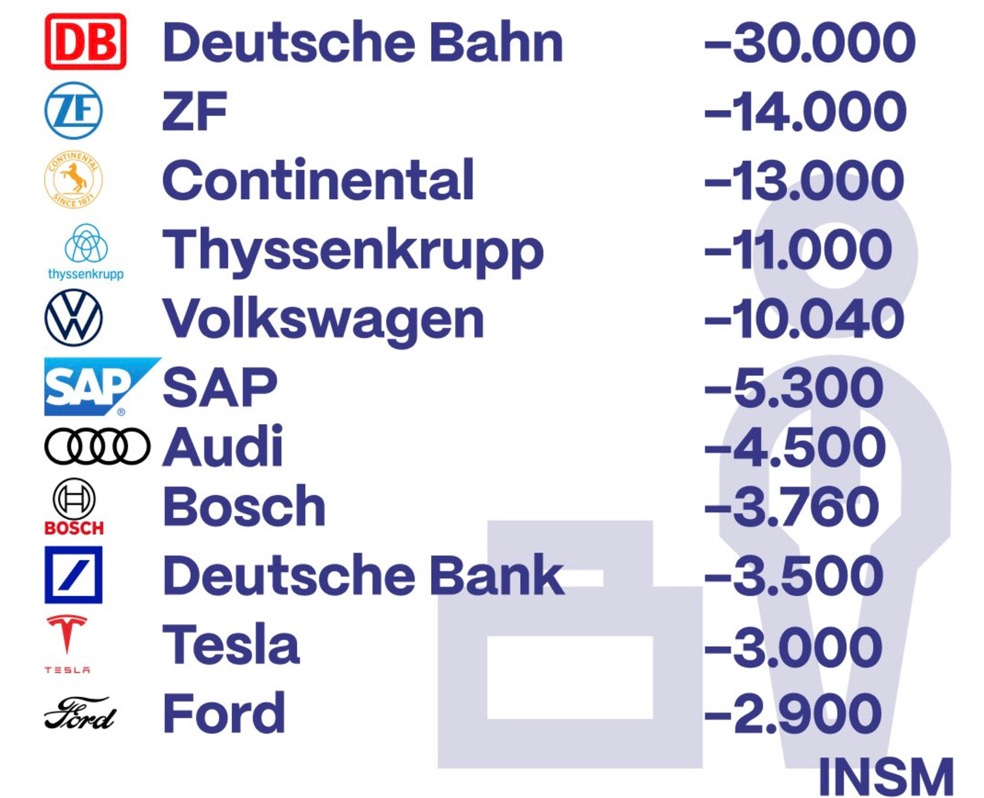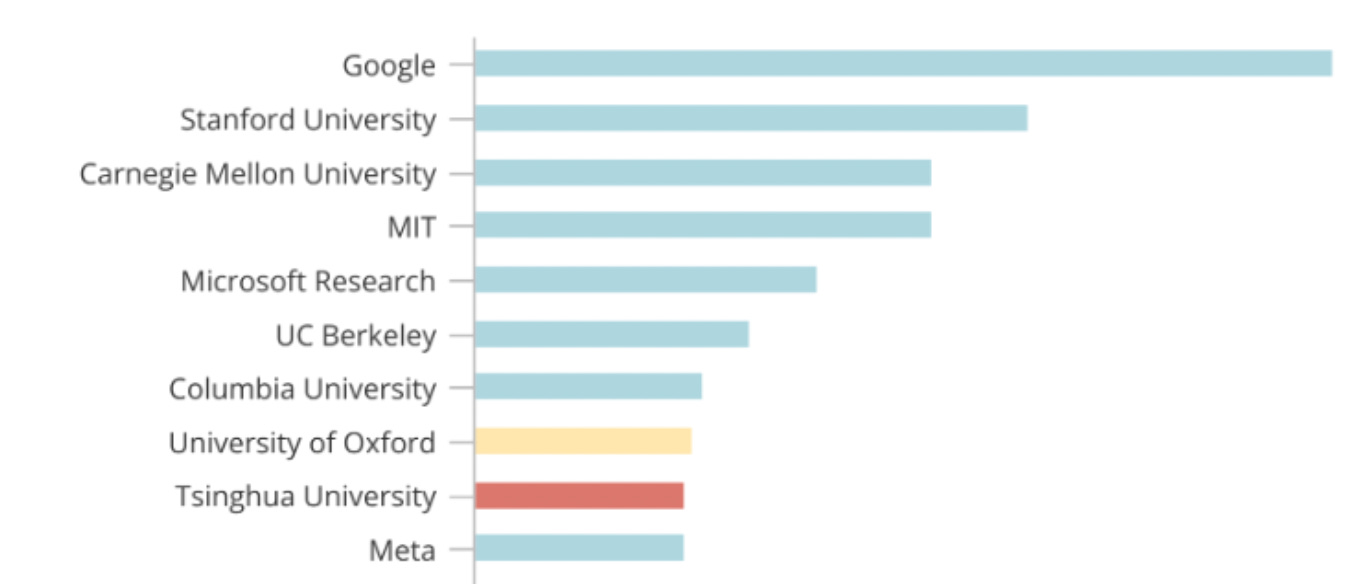The two big political stories of November were the US elections (obviously) and Europe in turmoil (less obviously). Let’s begin with some U.S. post-election polls.
1. CBS News poll finds President-elect Donald Trump's incoming administration starts off with mostly good will from the public: a majority of Americans overall are either happy or at least satisfied that he won and are either excited or optimistic about what he'll do as president. Trump's handling of his presidential transition gets approval from most Americans overall and brings near-universal approval from his voters. (Source: cbsnews.com)2
2. In the aftermath of the contentious 2024 U.S. presidential election, large majorities of Republicans and Republican-leaning independents describe their reaction to Donald Trump’s victory as optimistic (86%), relieved (85%), excited (76%) and proud (72%). In contrast, majorities of Democrats and Democratic-leaning independents report feeling afraid (76%), angry (68%) and devastated (61%) about the election’s result. Democrats are more than twice as likely as Republicans to say they are surprised by the election outcome (59% vs. 27%, respectively). Very few Democrats express any positive emotions, and very few Republicans express any negative ones. Fifty percent of U.S. adults say they are optimistic about the election results, and between 40% and 46% are relieved, excited or proud. Fewer, 29% to 38% of Americans, report feeling afraid, angry or devastated. More than nine in 10 Americans say they will accept Trump as the legitimate president, including 99% of Republicans and Republican leaners and 84% of Democrats and Democratic leaners. (Source: news.gallup.com)
3. Following Donald Trump’s victory in the 2024 presidential election, Democrats’ pessimism about their party’s future is now higher than at any point over the last eight years. By contrast, Republicans’ optimism is at its highest point in Pew Research Center post-election surveys conducted since 2016, including after Trump’s election win eight years ago. There has been less change in how partisans – and the public overall – rate how well each of the parties represents their interests. However, for the first time since 2016, more Americans say the Republican Party represents the interests of “people like them” very or somewhat well than say this about the Democratic Party (50% vs. 43%). (Source: pewresearch.org)
4. Two-thirds of Americans think Donald Trump’s tariff plans will only add to rising costs if implemented, and many are planning purchases ahead of his inauguration anticipating higher prices, according to a Harris poll conducted exclusively for the Guardian. The majority of Democrats (79%), independents (68%) and Republicans (59%) all believe that tariffs will increase the prices of the goods they pay for in the US. Nearly the same percentage of respondents said that tariffs will have a significant effect on what they can afford. The Harris poll raises questions about the popularity of one of Trump’s key economic policy platforms. Over three-quarters (76%) of those polled said they believe companies will pass along the price of tariffs to consumers. Tariffs could cost American households an additional $2,600 a year, according to the Peterson Institute for International Economics. (Sources: theguardian.com, piie.com)
5. Debt-to-GDP Ratio: U.S. Gross National Debt as % of GDP:
(Source: wolfstreet.com, via x.com)
6. Troubled Commercial Real Estate Loans at U.S. Banks:
(Source: ft.com)
7. One Troubled City: Austin Berg on Chicago:
For decades, Chicago politicians cut deals with government unions to boost pension benefits far beyond their willingness to hike taxes to fund those benefits. Those same leaders used money meant for pension contributions to juice pay raises for government workers and fund pet projects. Chicago now holds more pension debt than all but seven American states. Over 80% of Chicago’s property tax levy goes to pensions. And of the overall city budget, pensions and debt service eat 40 cents of every dollar — a far higher share than any other big city in the country. In order to plug annual budget gaps, past administrations have taken to selling off city assets like the parking meters. Billions of dollars in federal aid during the COVID-19 pandemic allowed the city to avoid confronting its debt and inflate spending even further, with the city’s total budget ballooning to $16.6 billion in 2024 compared with $10.7 billion in 2019. The expiration of federal aid has blown a billion-dollar hole in next year’s budget. (Sources: piratewires.com, via marypatcampbell.substack.com)
8. A Positive Trend; Not Limited to Ohio:
Overdose deaths in Ohio have fallen to their lowest level since 2015, continuing a historic drop that began unexpectedly last September.
This significant decline appears linked to a June 2023 decision by a major branch of the Sinaloa Cartel to stop producing and shipping fentanyl or fentanyl analogs. The sharp reduction in fentanyl in Ohio’s drug supply is evident in recent state crime lab tests on illicit drugs seized by law enforcement. Four-fifths of Ohio overdose deaths involve fentanyl.
Harm Reduction Ohio was the first to report the steep decline in both overdose deaths and fentanyl in Ohio. Since then, the trend of reduced deaths and a safer drug supply in Ohio has accelerated.
Harm Reduction Ohio estimates the number of Ohio residents who died from accidental drug overdoses in the first three months of 2024 as follows:
January 2024: 270 deaths, down 33.7% from 407 deaths in January 2023.
February 2024: 260 deaths, down 34.3% from 396 deaths in February 2023.
March 2024: 302 deaths, down 23.6% from 399 deaths in March 2023. (Source: harmreductionohio.org)
9. Cartel Recruitment Outreach:
In their quest to build fentanyl empires, Mexican criminal groups are turning to an unusual talent pool: not hit men or corrupt police officers, but chemistry students studying at Mexican universities.
People who make fentanyl in cartel labs, who are called cooks, told The New York Times that they needed workers with advanced knowledge of chemistry to help make the drug stronger and “get more people hooked,” as one cook put it.
The cartels also have a more ambitious goal: to synthesize the chemical compounds, known as precursors, that are essential to making fentanyl, freeing them from having to import those raw materials from China.
If they succeed, U.S. officials say, it would mark a terrifying new phase in the fentanyl crisis, in which Mexican cartels have more control than ever over one of the deadliest drugs in recent history.
“It would make us the kings of Mexico,” said one chemistry student who has been cooking fentanyl for six months. (Source: nytimes.com)
10. Ukrainian Soldiers Killed, By Age Group:
(Source: economist.com)
11. After more than two years of grinding conflict, Ukrainians are increasingly weary of the war with Russia. In Gallup’s latest surveys of Ukraine, conducted in August and October 2024, an average of 52% of Ukrainians would like to see their country negotiate an end to the war as soon as possible. Nearly four in 10 Ukrainians (38%) believe their country should keep fighting until victory. Ukrainians’ current attitudes toward the war represent a decisive shift from where they stood after it began in late February 2022. Surveyed in the months after Russia launched its full-scale invasion, Ukrainians were defiant, with 73% preferring fighting until victory. In 2023, support for fighting until victory slipped, but more than twice as many Ukrainians favored a continued fight (63%) over a negotiated peace (27%). Fatigue has intensified this year, with support for negotiated peace rising to 52%, the first time it has reached a majority. (Source: news.gallup.com)
12. Romanian elections:
Voting is under way in parliamentary elections in Romania, with voters still unsure whether the shock result of last week’s presidential first-round ballot will stand amid continuing allegations of electoral fraud and foreign interference.
Far-right parties are forecast to make significant gains in Sunday’s parliamentary vote, with polls showing the nationalist Alliance for the Union of Romanians (AUR) slightly ahead of the Social Democratic party (PSD), part of the ruling coalition.
The election comes a week after Călin Georgescu, a far-right, Moscow-friendly independent who had previously been polling at barely 5%, finished first in the opening round of the presidential vote, an outcome that upended Romanian politics.
Georgescu’s unexpected success, after a campaign which he said had zero financing but was based heavily on viral TikTok videos, reportedly boosted by bot-like activity, has triggered nightly protests and aroused suspicions of external interference. (Source: theguardian.com)
13. Almost 1 in 5 young people in France think it would be a good thing if Jews left the country, according to a recently commissioned survey by CRIF (the Representative Council of Jewish Institutions in France) and carried out by Ipsos. “There has been an upheaval in the types of French people who express anti-Jewish opinions,” Brice Teinturier, deputy CEO of Ipsos, told Le Point. “It’s a historical reversal of the political map,” added Brice Teinturier. “LFI [far Left La France Insoumise Party] is now competing with the far Right for leadership in antisemitism.” Among the key revelations are that 12% of the general population in France believe Jews leaving the country is a good thing, compared to 6% in 2020. As mentioned, 17% of under-35s believe this would be a good thing. “It is very violent, and contrary to the historical trend,” said president of CRIF Jonathan Arfi. “Young people are more receptive to antisemitic, Islamist, and conspiracy theories, which are invading social networks.” (Source: jpost.com)
14. Layoffs at Big German Employers:
(Source: insm.de)
15. Business Confidence in the U.K.:
Rachel Reeves’s tax raid has sent business confidence plunging to the lowest level since the first Covid lockdown, business leaders have said.
They say the Chancellor’s record tax rises are undermining economic growth and cutting off investment plans, with bosses forced to slash pay rises, sack staff and raise prices to cope with the £25bn National Insurance increase.
The findings published in a survey of the Institute of Directors (IoD) will be a blow for Sir Keir Starmer’s embattled Government.
The IoD’s optimism tracker fell to minus 65 in November, sharply down from minus 52 in October and the lowest score since April 2020. (Source: telegraph.co.uk)
16. China rising:
Top 10 Institutions for Top-Tier AI Research in 2019:
Top 10 Institutions for Top-Tier AI Research in 2022:
(Source: macropolo.org)
17. Beijing’s Atrocities:
Today, after nearly nine years since China initiated its policy of mass detention of Uyghurs in Xinjiang, Beijing’s atrocities against the Uyghur people have entered an even darker phase. China is further escalating the use of its authoritarian penal system to imprison people, with at least half a million Uyghurs imprisoned as of 2022, according to the Chinese government’s own data (with 2022, 2023, and 2024 data missing due to public scrutiny indicating that the real numbers are much higher). In an August report that I co-authored with Min Kim for the Yale Genocide Studies Program, we conducted a statistical analysis of Uyghur imprisonment rates based on the Chinese government’s own data. Despite Uyghurs comprising less than 1 percent of China’s population, they account for 34 percent of the country’s incarcerations, marking the world’s highest rate of ethnic imprisonment. Our analysis estimates that, if left unchecked, China’s atrocities will strip 4.4 million years of life from my proud community. (Sources: atlanticcouncil.org, hrw.org, macmillan.yale.edu, rfa.org)
18. The two Asian rivals are grappling with a similar demographic crisis with their chronically -- and dangerously, as authorities warn -- low birth rates. The poll of 31 countries, conducted by Paris-headquartered Ipsos, showed this week that just 37 percent of Japanese respondents derive satisfaction from sex and romance, versus the 76 percent of top-ranked Indians and Mexicans. Similarly displeased are South Koreans, whose sexual satisfaction was the second worst at 45 percent. The same Ipsos poll also showed that South Koreans feel the least contentment from their "relationships with partners and spouses", with Japanese faring the second worst. Asked how much they "feel loved" in life, 51 percent of Japanese said so, again the worst of all, slightly outranked by South Koreans and Italians at 63 percent. (Source: france24.com)
19. A total of 9 percent of U.S. adults aged 18-64 identify as homosexual or bisexual, while another 1 percent prefer pansexual as their self-identification. This is according to data from Statista Consumer Insights and, as our chart shows, the proportion of people who do not identify as heterosexual is significantly lower among the older generations. In the Baby Boomer group of participants, 96 percent see themselves as heterosexual. In Generation X, the figure is 94 percent. The first major generational shift can be observed among Millennials. For those born between 1980 and 1994, the figure is 88 percent. Another jump is then made when looking at the Generation Z results - here just 79 percent identify as heterosexual. The most common non-heterosexual response among Generation Z participants was bisexual, at 11 percent. The differences between the generations for those identifying as homosexual was minimal - three percent for all except Generation Z, with four percent. (Source: statista.com, italics mine)
20. The end of “traditional TV” in one chart:
(Source: statista.com)
21. A Bright Spot in Books:
Bibles are a bright spot in books this year. Worries about the economy, conflicts abroad and uncertainty over the election pushed readers toward the publication in droves. Bible sales are up 22% in the U.S. through the end of October, compared with the same period last year, according to book tracker Circana BookScan. By contrast, total U.S. print book sales were up less than 1% in that period. (Source: wsj.com)










